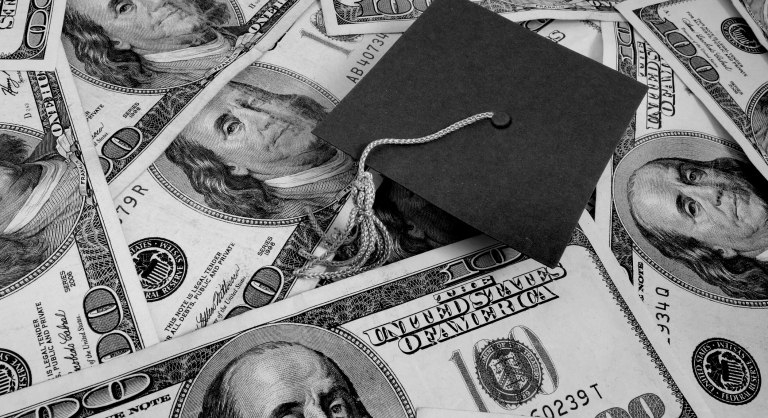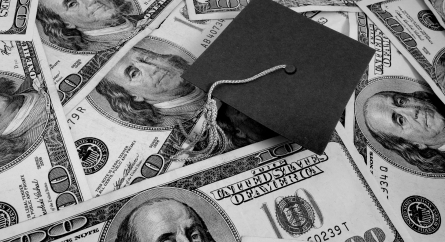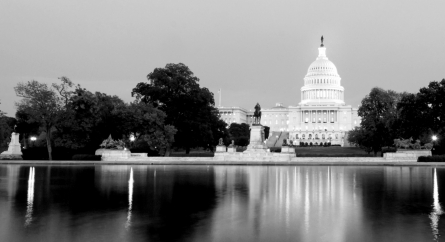Congress Talks Addressing Student Loan Crisis in Bankruptcy
The Democratic presidential race is brimming with ideas for tackling the student debt crisis: Julian Castro wants to hold off on monthly payments until borrowers earn 250 percent above the federal poverty line; Senator Elizabeth Warren wants to eliminate up to $50,000 of student loan debt for people earning less than $100,000; and Senator Bernie Sanders wants to cancel student loan debt for everyone.
On Tuesday, Democrats on the House Judiciary Committee discussed another idea for addressing the student debt crisis: making it easier to discharge student loans in bankruptcy. Prior to 1976, all student loans could be discharged in bankruptcy. However, Congress slowly chipped away at this option through a series of amendments to the bankruptcy laws. In the Bankruptcy Reform Act of 1978, Congress excluded federal loans from discharge during the first 5 years of repayment. In 2005, Congress passed the Bankruptcy Abuse Prevention and Consumer Protection Act to extend nondischargeability to all student loans, including private student loans, unless the debtor can show that repayment would cause “undue hardship.” To this day, the “undue hardship” standard is applied (some would say inconsistently) in courtrooms across the country.
At the hearing on Tuesday, a number of individuals spoke in favor of making the discharge of student loans in bankruptcy easier. Among them was Dalié Jiménez, Professor of Law at the University of California, Irvine, who framed student debt as a civil rights issue, citing statistics that students of color disproportionately borrow more, but experience worse graduation rates and career outcomes, as well as higher default rates and unemployment. Senator Richard Durbin spoke in support of his bill, the Student Borrower Bankruptcy Relief Act, which seeks to treat student loans as dischargeable on the same basis as consumer loans.
Client Tip: Methods for addressing the student debt crisis will continue to develop as the presidential race heats up. Institutions should continue to monitor this situation and check back for updates.
Categorized: Bankruptcy, Financial
Tagged In: bankruptcy, student debt crisis, student loans








